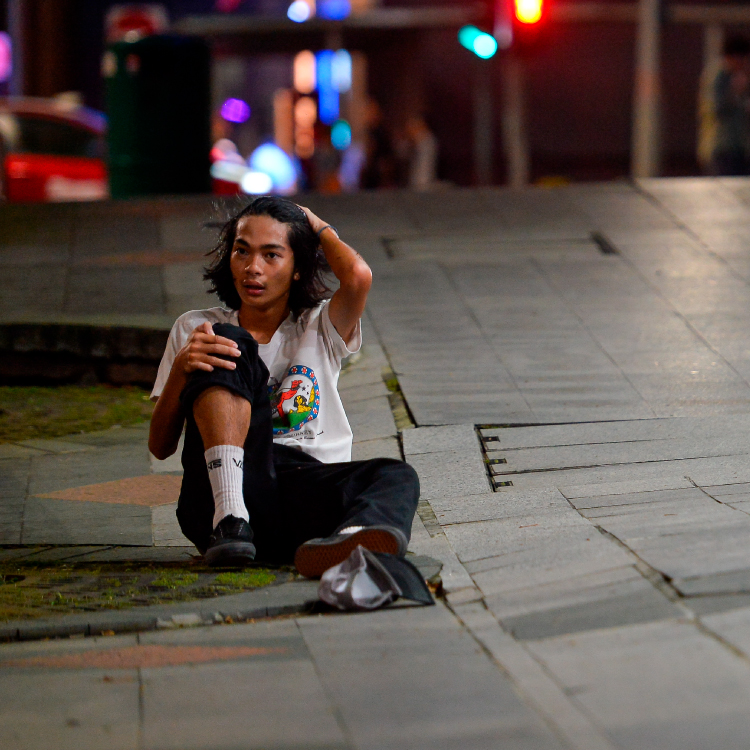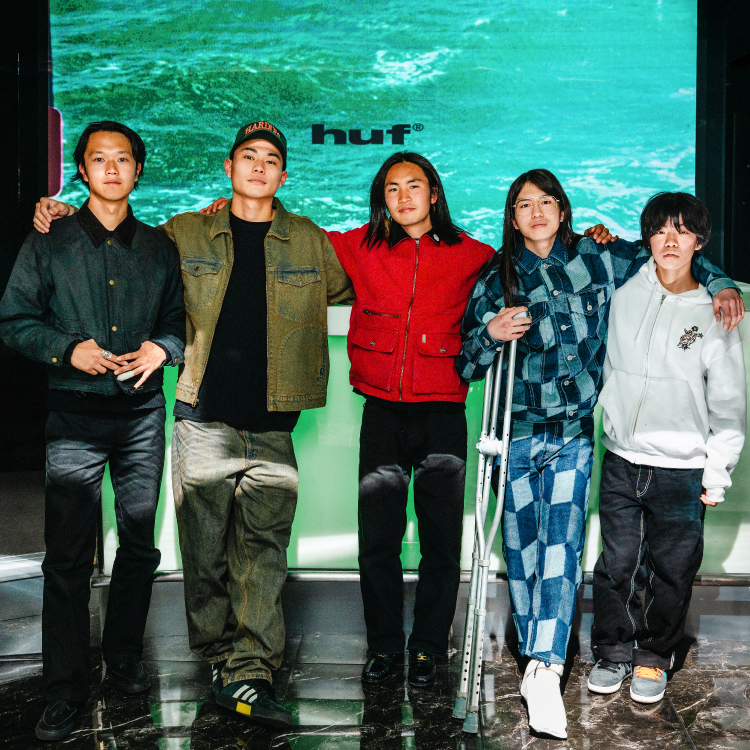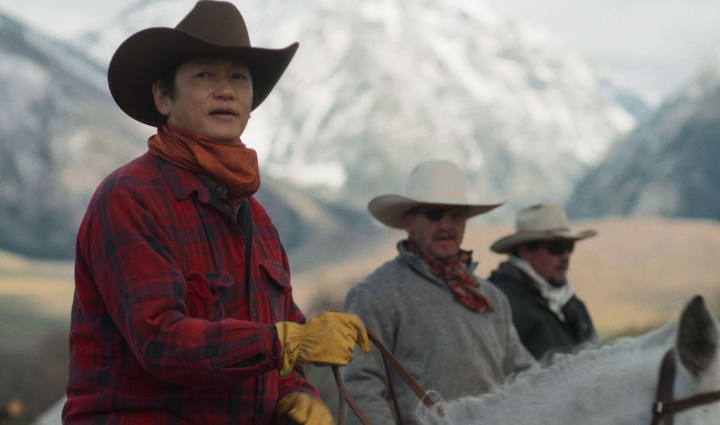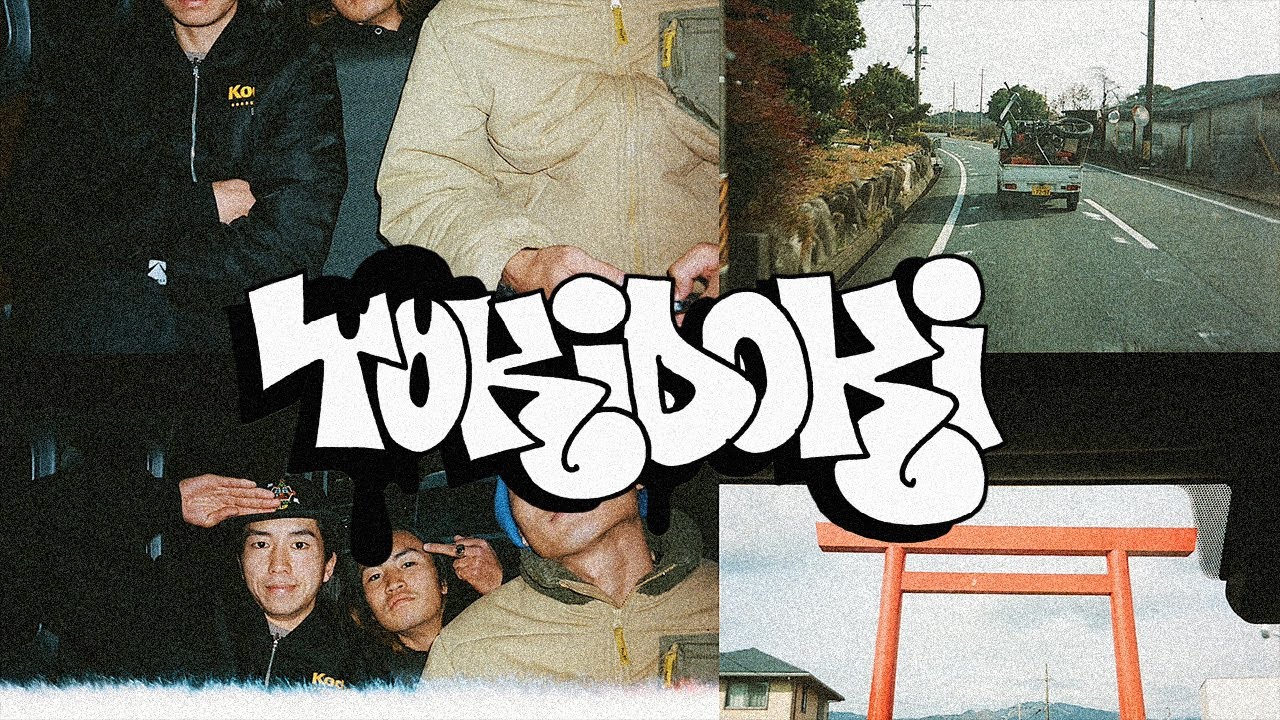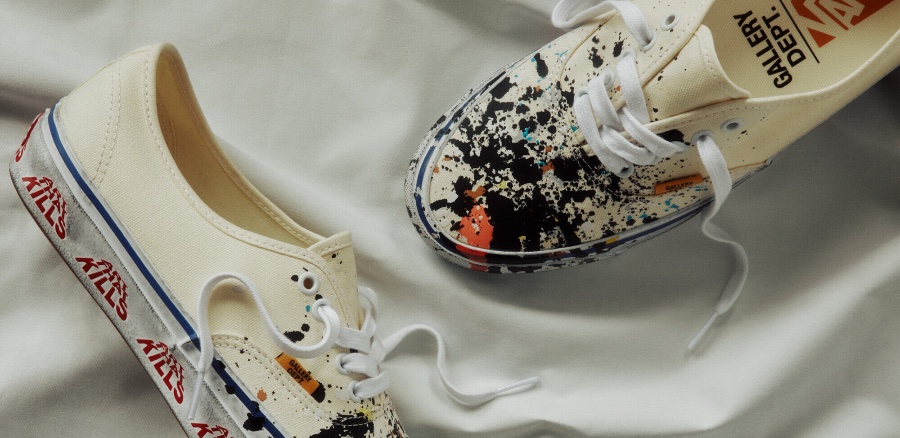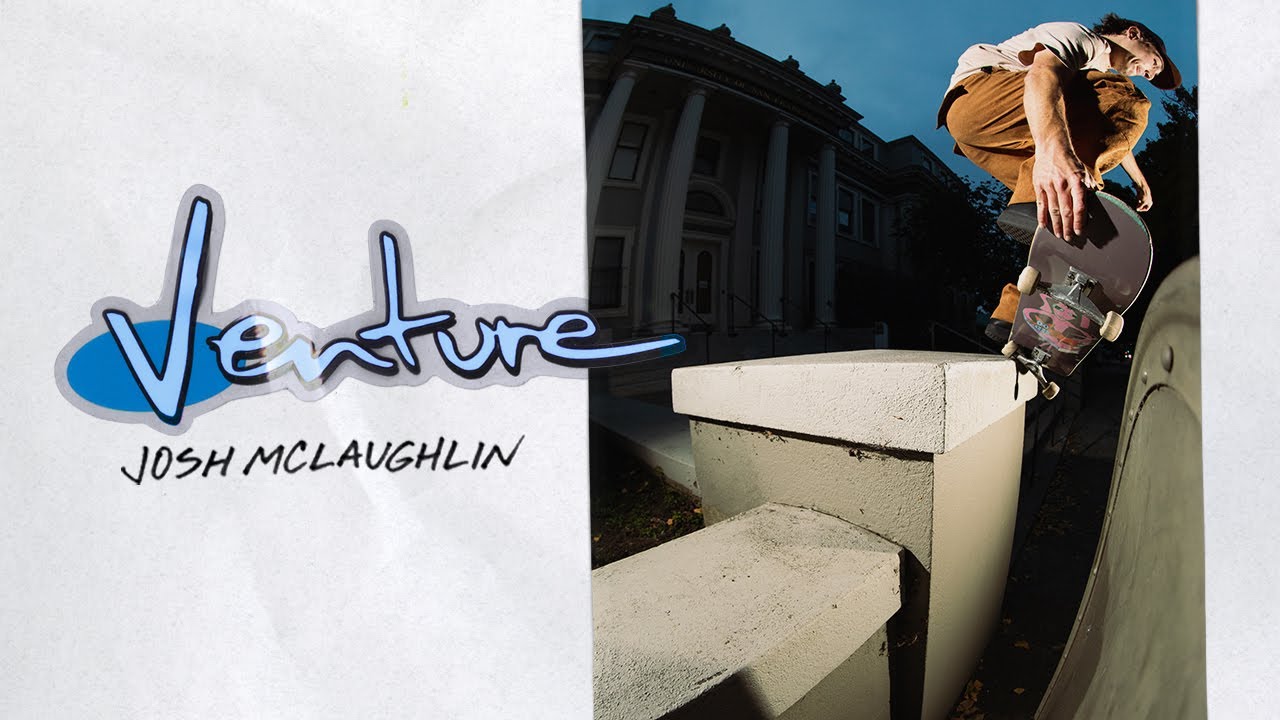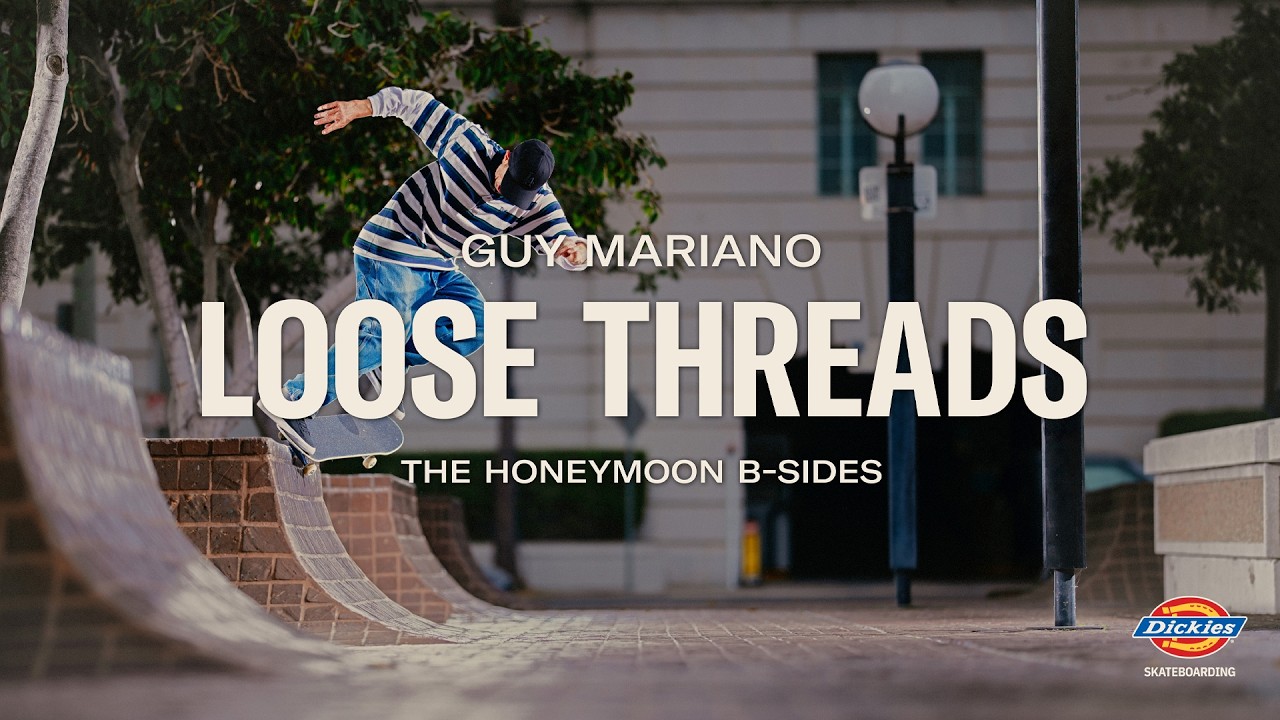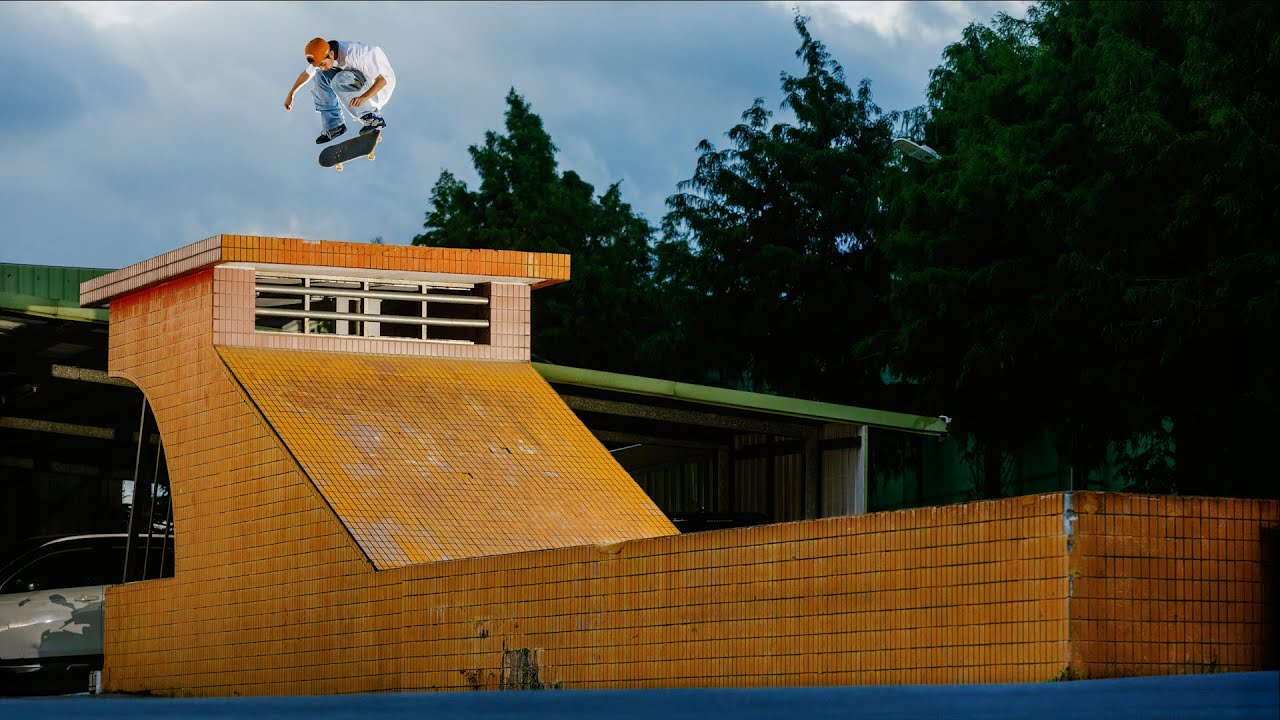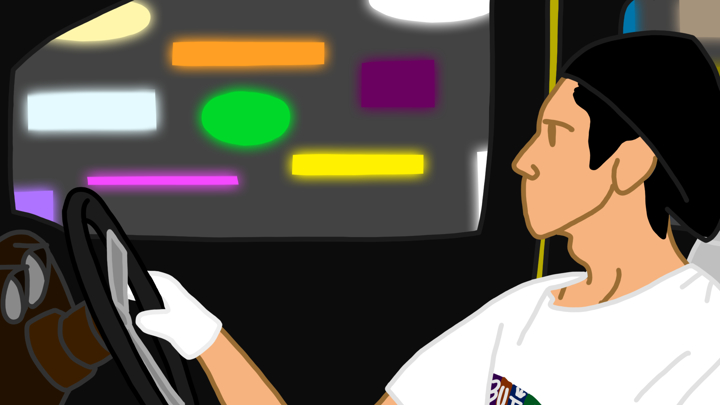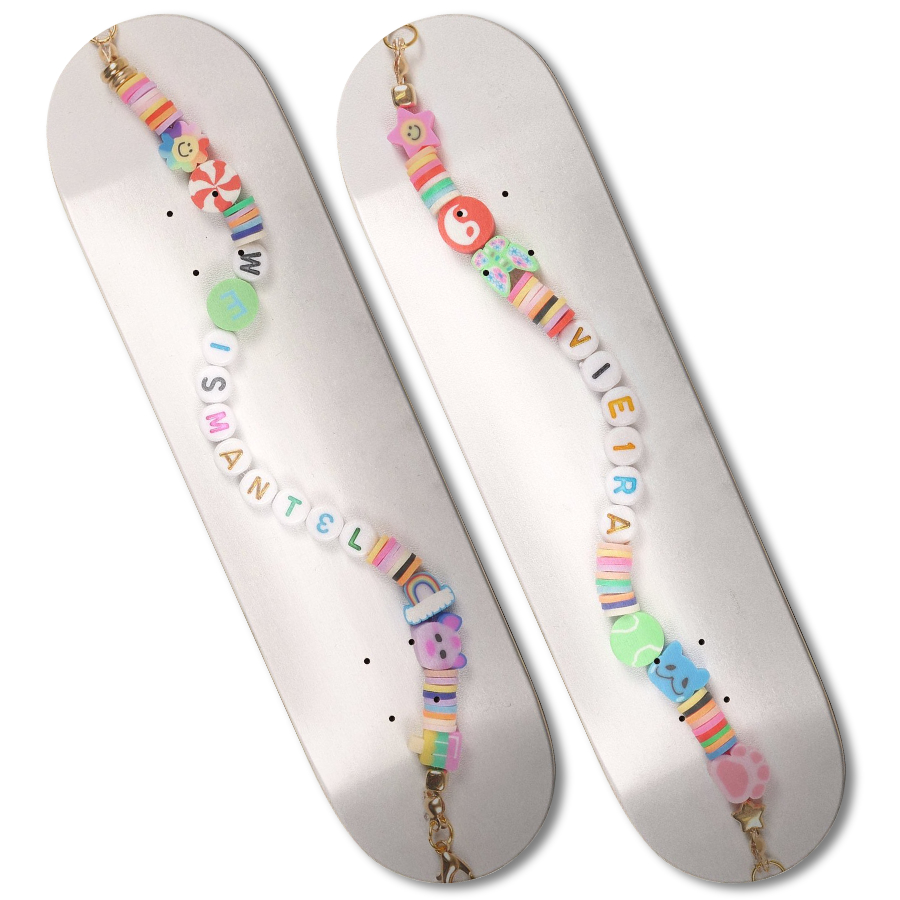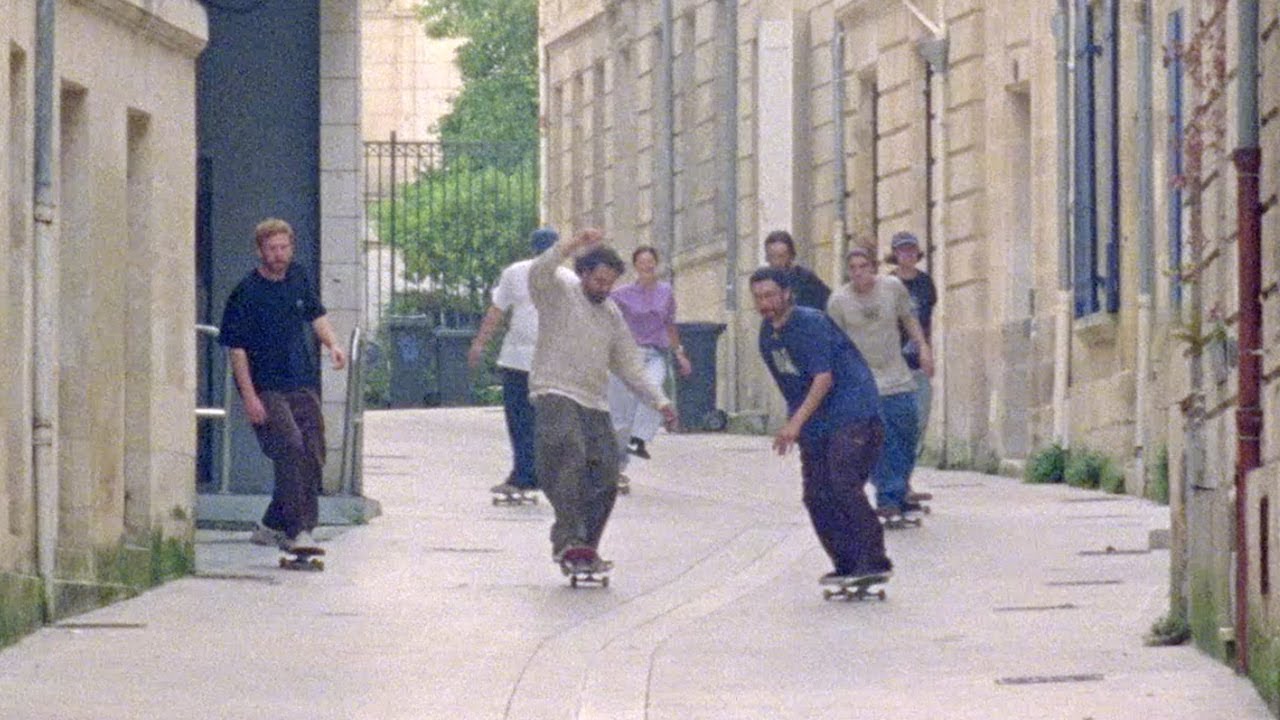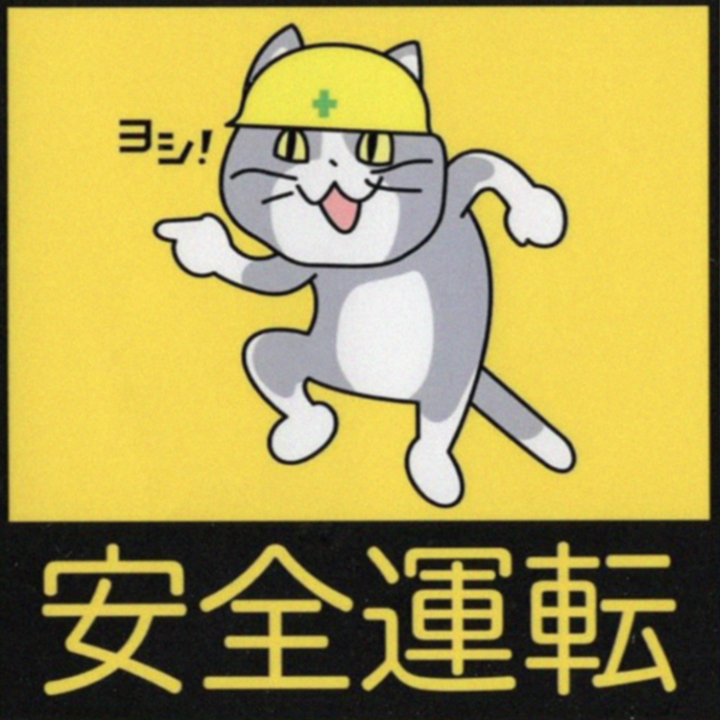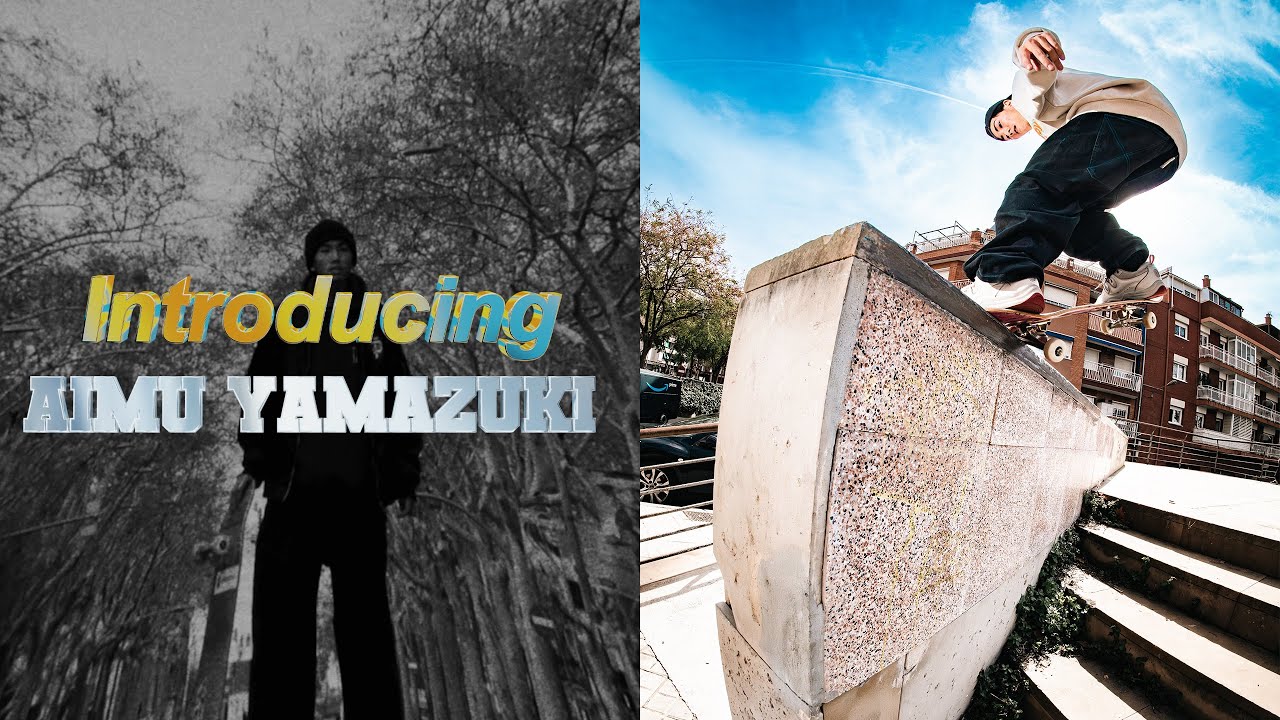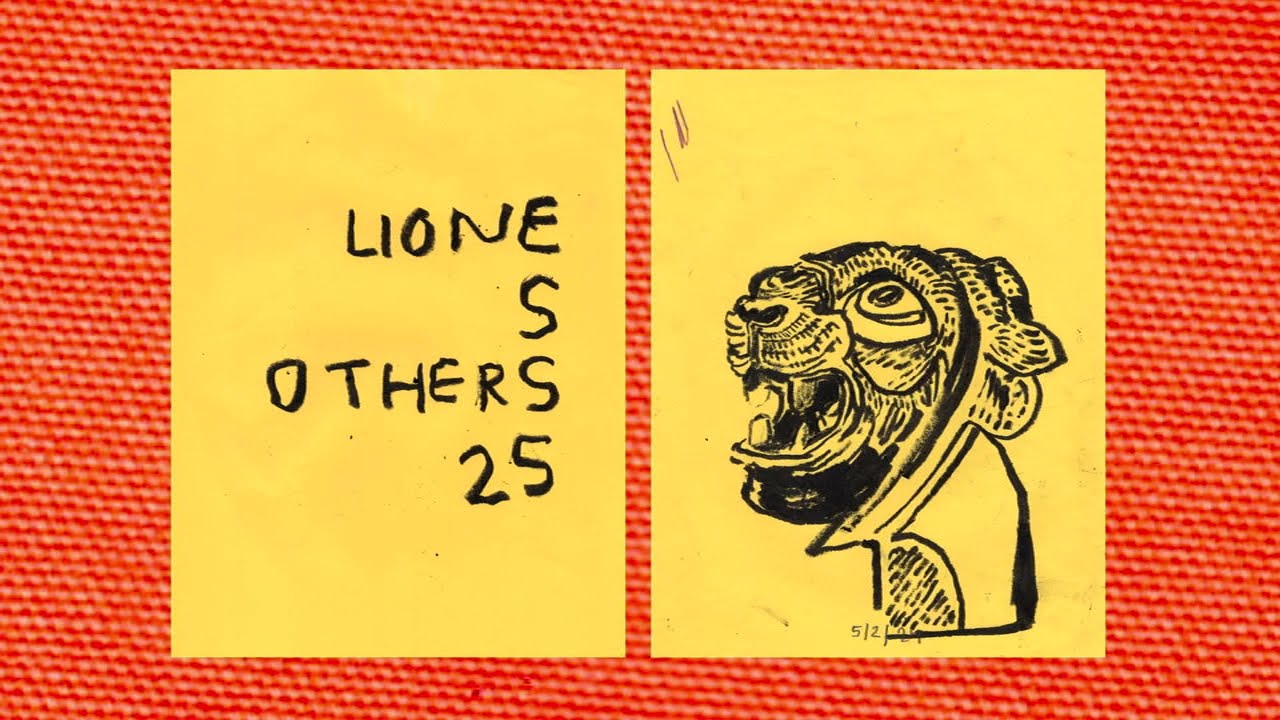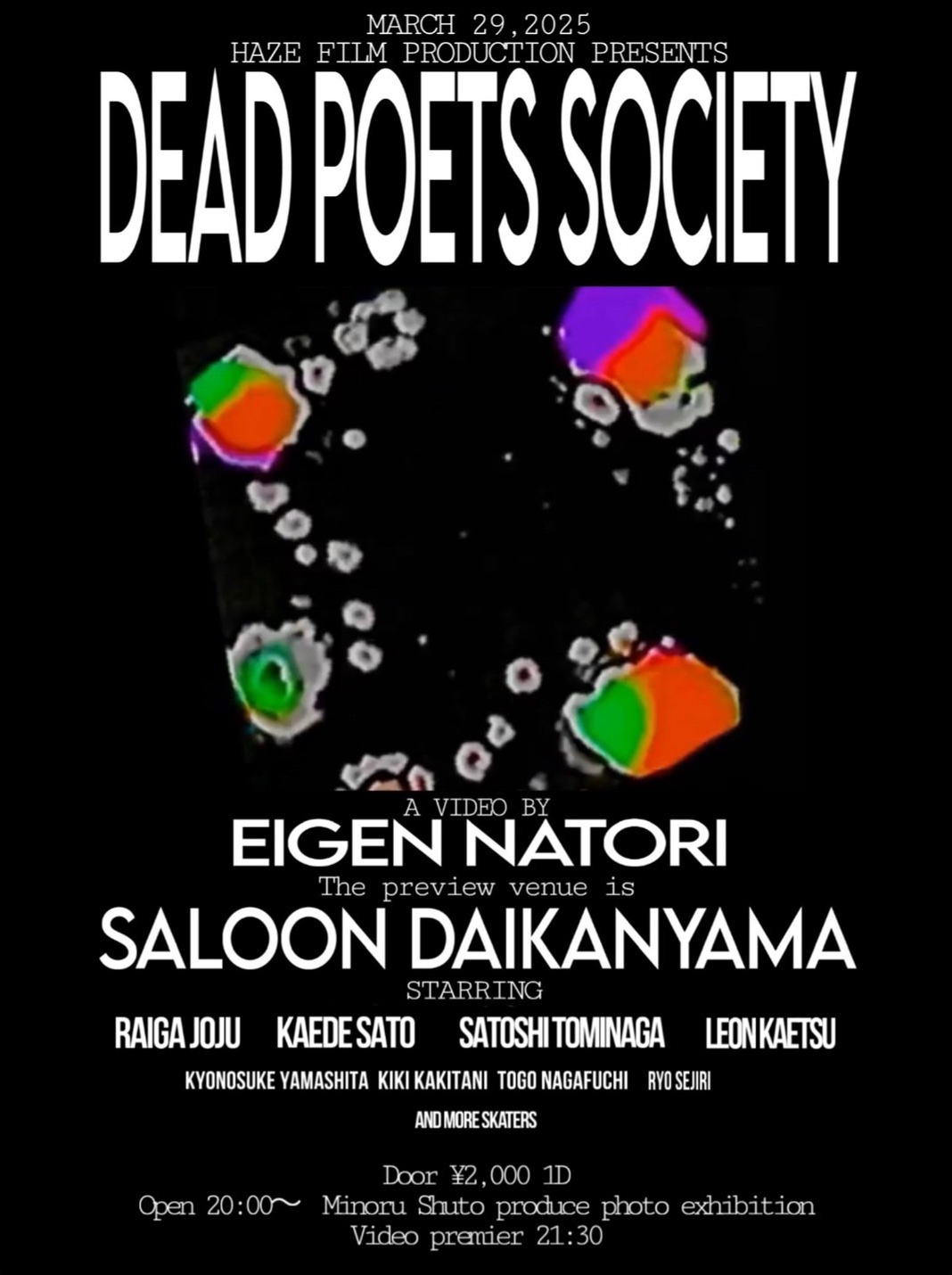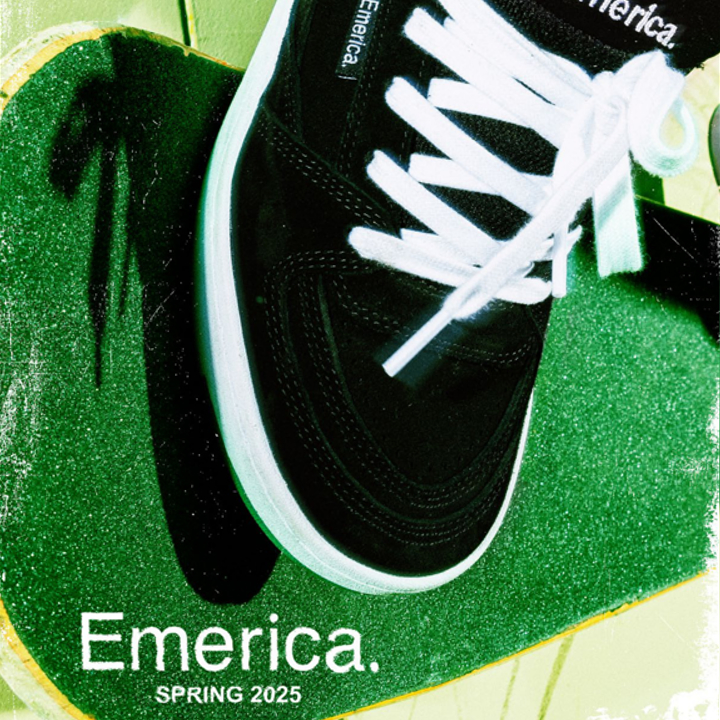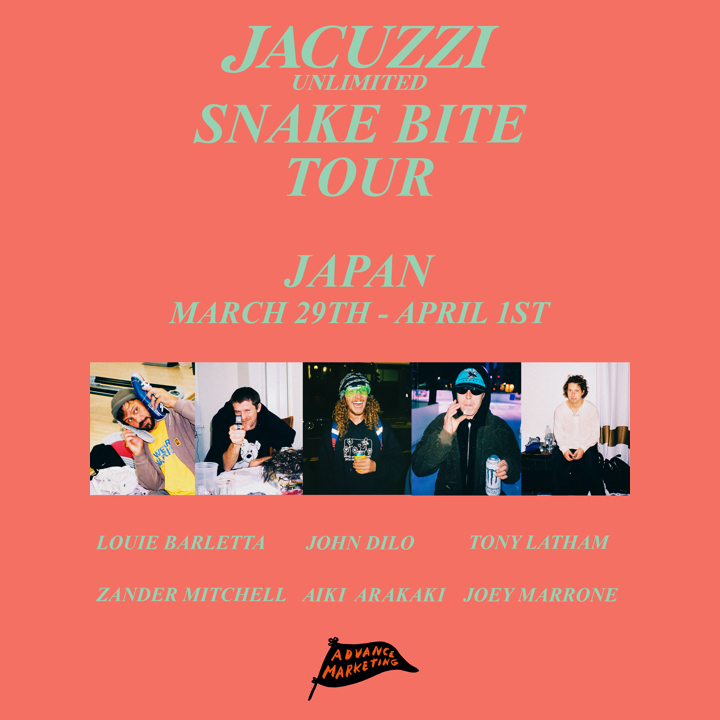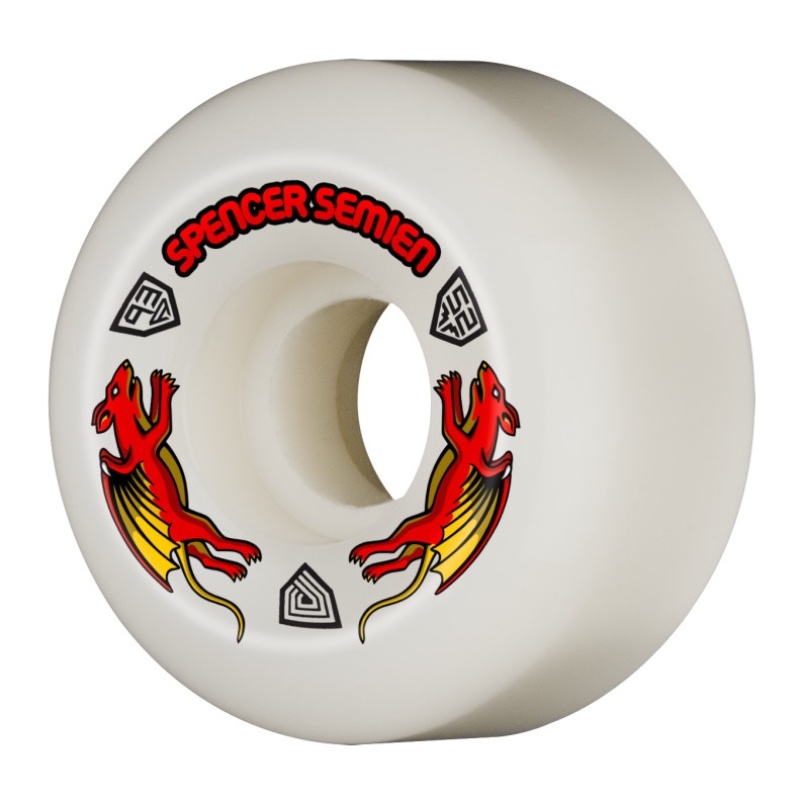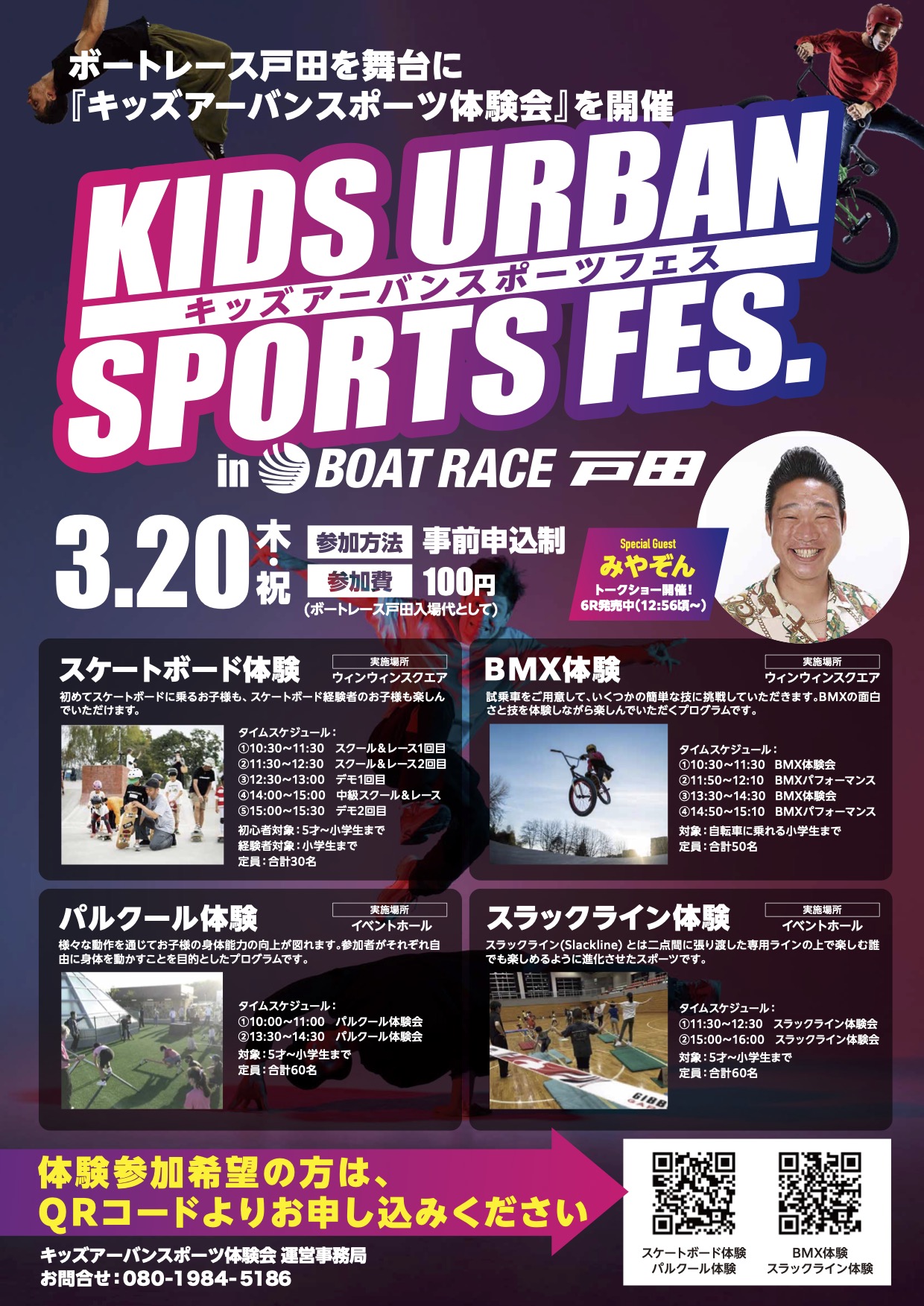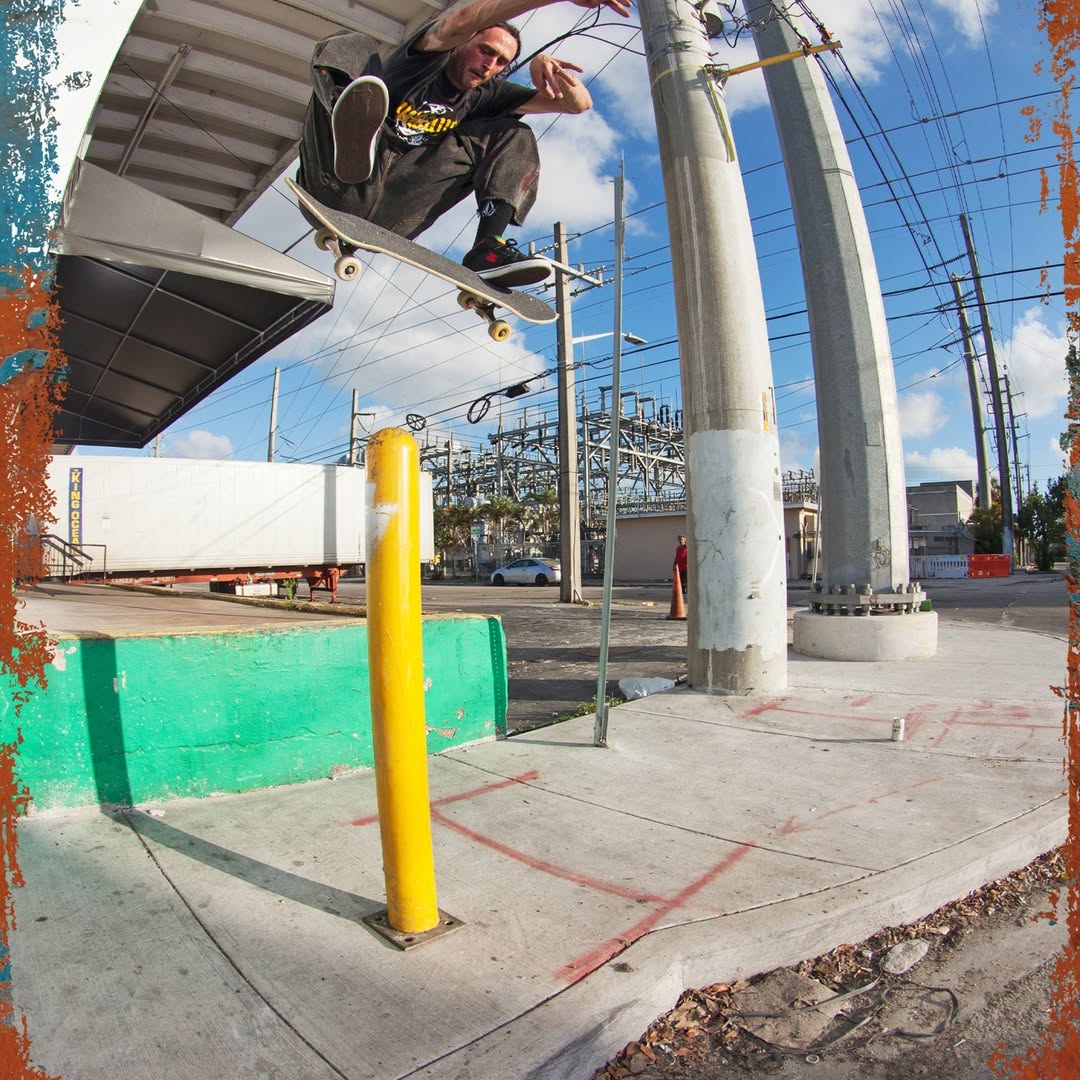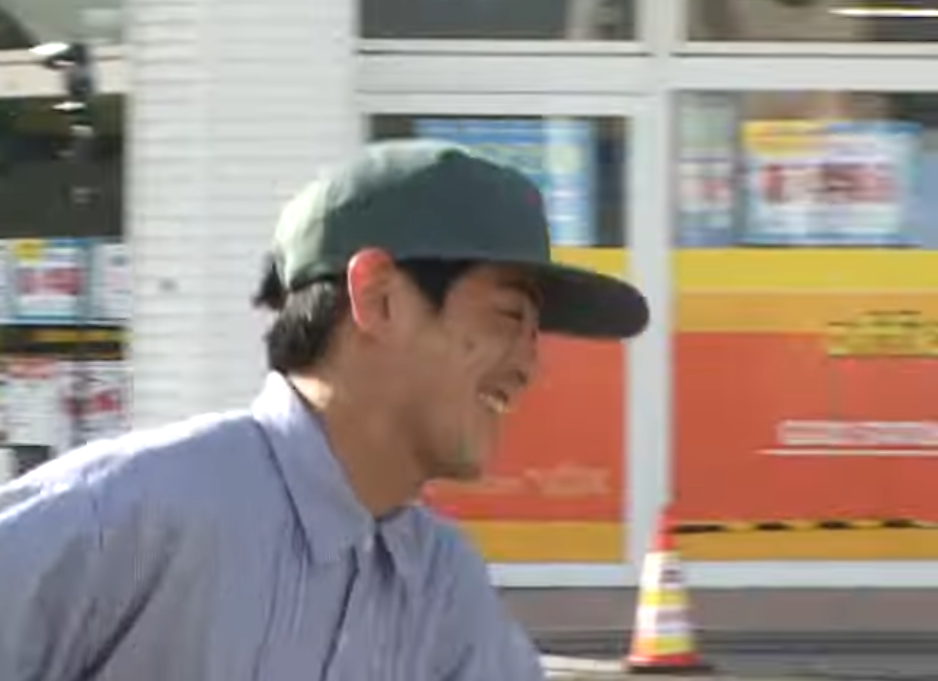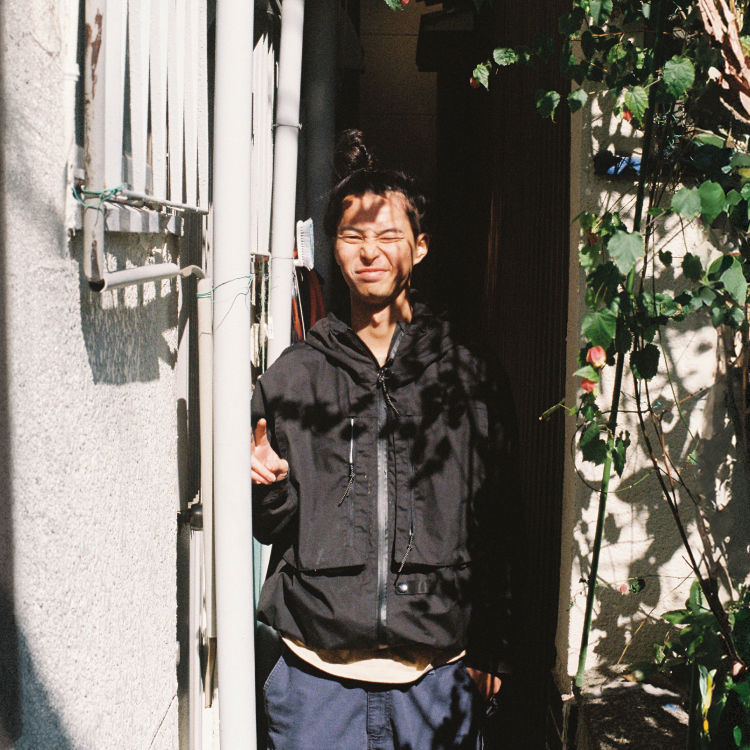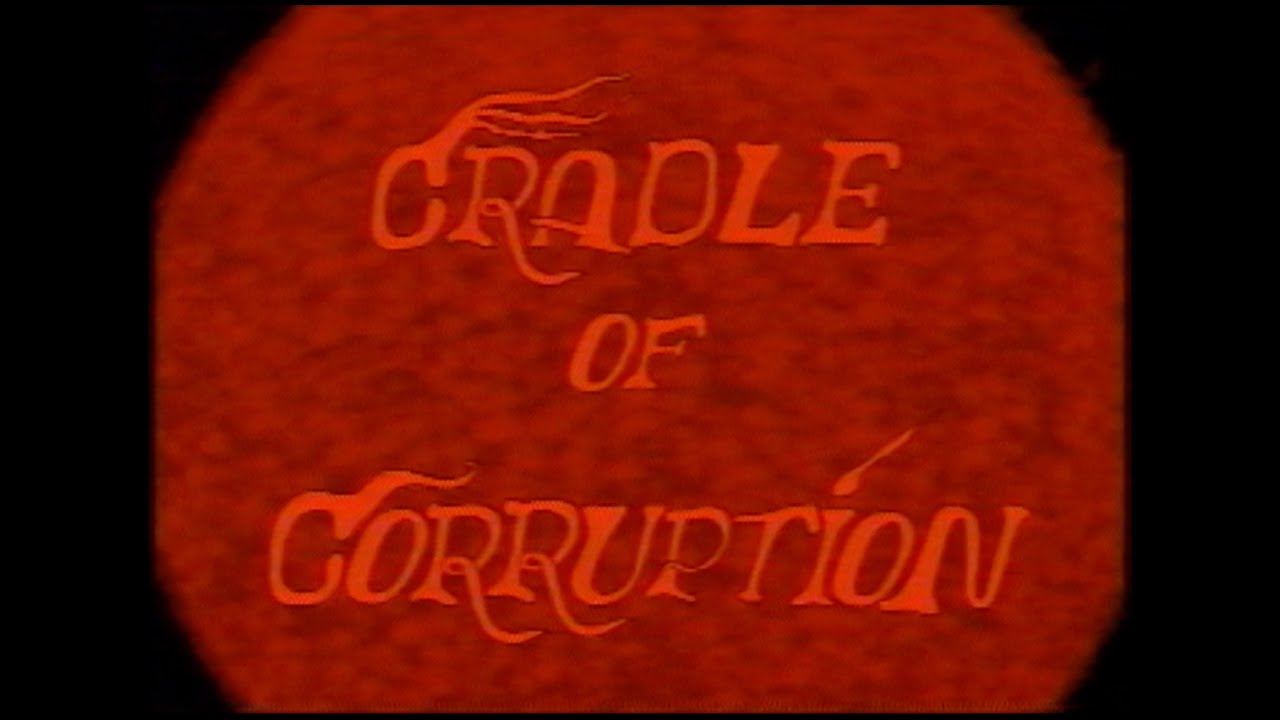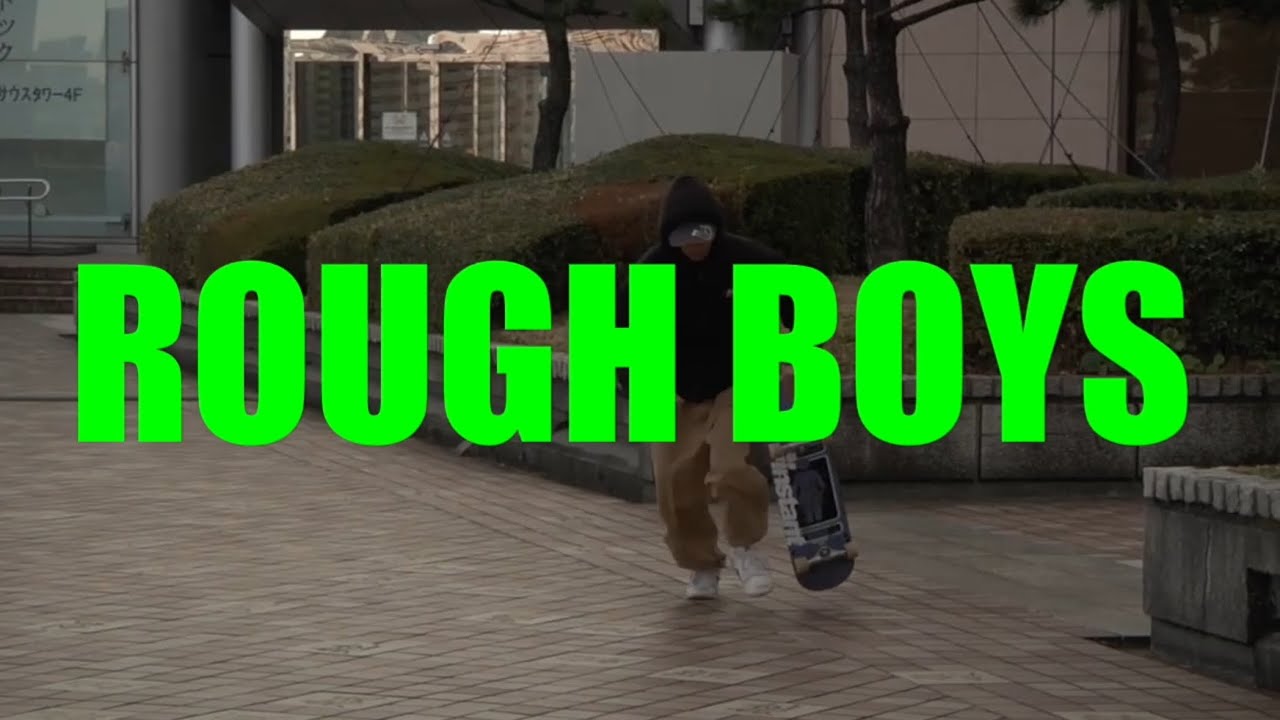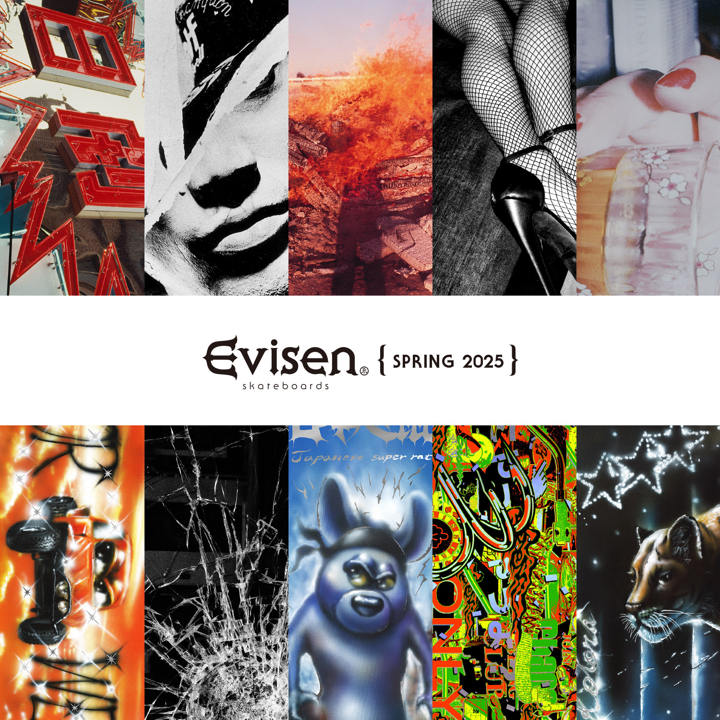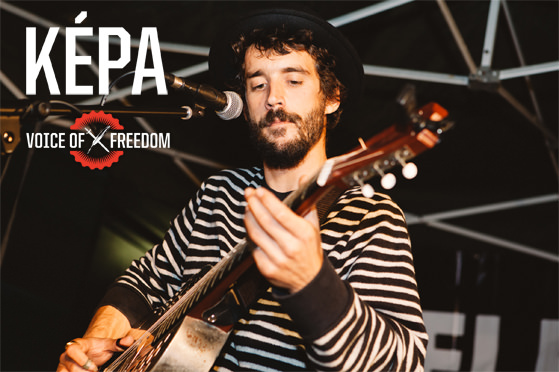
Bastien Duverdier, known as Képa, is a talented Frenchman. What would you do when you suffer from a severe injury and the thing you really love doing gets taken away? We sat with the man while he was on Element Japan tour in November 2015.
Interview by VHSMAG Photo by Haltac Special thanks: Element Japan
VHSMAG(V):Could you introduce yourself?
Képa(K):My name is Képa. I come from Basque Country. It's an old country southwest of France. I'm from Biarritz, a city called Bayonne. I'm 27. I’ve been skating for 17 years and been playing guitar for five years.
V:Which came first, skating or music, but obviously skating first, right?
K:Oh, yeah, skating first.
V:How did you get into skating?
K:It was not that original. When I was nine or 10, I saw the brothers of my best friend who were doing ollies. They were ollieing over sidewalks. That's it, and I was like, "Wow! My God!" Like many kids, the magic appeared and that's what happened.
V:You have your video parts on YouTube and I think the way you skate is unique.
CRAZY EXTREME SKATE
A CHALLENGE TO THE DARK
K:Oh, thank you so much, because me, I think the same about Japanese skaters. All the Takahiro Morita vibe and all those stuff. I really love those kinds of skaters and what they are giving to skateboarding, like Gou Miyagi, Takahiro Morita and many more. They’re the two most famous I know. I love this Japanese signature, in a way, in skateboarding and I'm looking a lot of Japanese videos for this approach of skateboarding. This guy did a lot for skateboarding because he find a new way to film and skate and I love the fact that he didn't try to imitate the American skateboard way. He made the signature of a Japanese skateboarding and I'm really super stuck with that.
V:It's really nice to hear Morita's name coming from people like you. You're here in Japan as musician.
K:Yeah, because I really got a bad back injury two years ago and I couldn’t skate like I did before. Because I stopped school at 17, so I don't have any studies, nothing, so I had to find a way to do something. I just practiced my guitar more than before and I finally did my own song, and finally a friend of mine pushed me to play, to do a show, and here am I.
V:I know you still skate, but how was the transition like?
K:For one year I couldn’t skate, so I had time to kill, and I just took my guitar and tried to practice more because I was just thinking maybe I'm not going to come back. You never know. Finally I did my own song. I tried to play the songs of other people but I realized that couldn't because I didn't know how to read music. Music theory and stuff like that, I didn't know anything. I just know how to play my songs. Finally, after the first gig, the same year I did 40 gigs. At the end of the year I was like, "Maybe I should keep doing this?" Who knows, maybe it could work. I just kept doing it and this is the third year. I try to keep doing it because I love it and this is a bit less dangerous than skateboarding, so maybe it's going to be longer for me in music. I just love it. I just discovered something else and it's cool because I just had skateboarding in my life, and today I got something else and I think for everybody, it's cool to get different passions. It feeds you more and it's more safe and comfortable, I guess.
V:There is something similar to skating, right?
K:Oh, yeah. Definitely, creativity... and I'm not sure if this word in the right word in English, but there’s individualism. It's really selfish stuff, but you can share this stuff with other people. I play exactly the same way I learned how to skate. Exactly the same way. Solo and instincts, no listens, nothing, just as skateboarding.
V:All those foot plants and all the casper things and stuff that you do on a skateboard, does that unique approach get applied music as well?
K:Yeah, I guess. I think my approach is the same. Tricks like casper is not that fashionable. You have to do 360 shove-it in a certain way to be fashionable for example. I know that casper is not, but in a way, if you don't try to do something un-fashionable, or original, you can't change anything. Gou Miyagi is the best example. Today everybody's like, "Oh, Gou Miyagi, oh, my God!" but he was training his crazy tricks like this probably for hours, alone, somewhere on the parking lot probably, and today everybody's like, "Oh, my God!" He just did it. I tried the same with the music. I know blues, this is not super fashionable in skateboarding today. You hear indie rock or metal or rap, hip-hop, but blues, you never hear blues. I just listened myself a bit and I was like, "Yeah, I like this." Maybe it's going to work, maybe not. Whatever. I'm going to do it and I'm going to try to make blues shows in skate party and we'll see. If they don't like it, they don't like it. If they do, cool.
V:Were you into blues for a long time?
K:This is exactly the same year I fucked my back. At the same time, I didn't like blues before. But I just discovered Bukka White, all those American blues men. I really fell in love with this sound and this music and I was like, "Oh, my God. I want to try to get this." Not to play the same, but take in these tones, these tunes, and try to make it my way. Because I'm not American, I'm not a slave, I don't have a shitty life like in their songs. I'm not them, so just try to make it more fresh, to make it as you see. Make it different, but keeping these tones, because I love them. The best thing about the blues is the good balance between sad tunes, minor tunes and major tunes. If you put a good reason behind it, you can make a good balance between sad and joy, minor and major, which is super interesting.
V:You came up with your third album Low-Low Wind this year.
K:Yeah. My two albums before, I don't even know if people are going to hear it except my mother and my sister. It was just coincidence. It was just for me. First of all, when I recorded it, it was just for me and my friends, that's it. Yeah, I guess you can say it's my third album. This one I worked a bit more than the other two. It took me one year to make the whole songs.
V:There were two songs from your new album on your YouTube page.
K:I put a few songs, but I'm not doing this stuff officially like, "Okay, guys, I got this stuff coming out on YouTube officially!" I'm like, okay, I do it, and then you'll see. Maybe I should, but, whatever.
ON THE TOP OF THE WORLD
ONLY OH!
V: You’re on a trip with Element now. What’s your involvement with Element? Do you skate for them?
K:No, no. A year before I fucked my back, they gave me skateboards, I was supposed to come on the Euro team. Exactly at that time, I fucked my back and I knew it was done. I knew. I was like, okay, whatever. But a year after, I gave them my music and they were like, "Oh, this is cool. We like your music." Finally they proposed me another contract that I didn't expect, which is advocate musician contract. I was like, hallelujah! It started like that. At the beginning, as a skater, I was like, "Well, yeah, pfft," but at the end, I'm super happy, stoked to be on, really. Really stoked to be on because I do something different. I'm still on the skate tour, but at the same time I do something different but for skaters, which is cool. It's cool, sometime I feel it's a goal for me to do something a bit un-fashionable like the blues and make it cool. When I see people like you today who enjoyed it, I'm happy, really happy.
V:Cool. Is there any project or anything lined up for you?
K:There is a big thing coming for me. End of this month, I’m going to do the open act for Gregory Porter. A big American soul jazz guy. A big fucking star, a crazy star. He’s playing at the biggest venue in France called Olympia. This is the biggest venue, like Rolling Stones, Beatles, everybody played here. I was offered to open the guy, so it's going to be in front of 2,000 people. Just unbelievable for me.
V:Your injury became the tipping point of your life in a way. That's a very interesting story.
K:Yeah, I guess it's kind of crazy.
Bastien Duverdier aka Képa
A skateboarder from Bayonne, France, who started off his career as musician due to severe injury. He has released three albums so far, No Goat Cheese, Hello Babe!, and Low-Low Wind.








